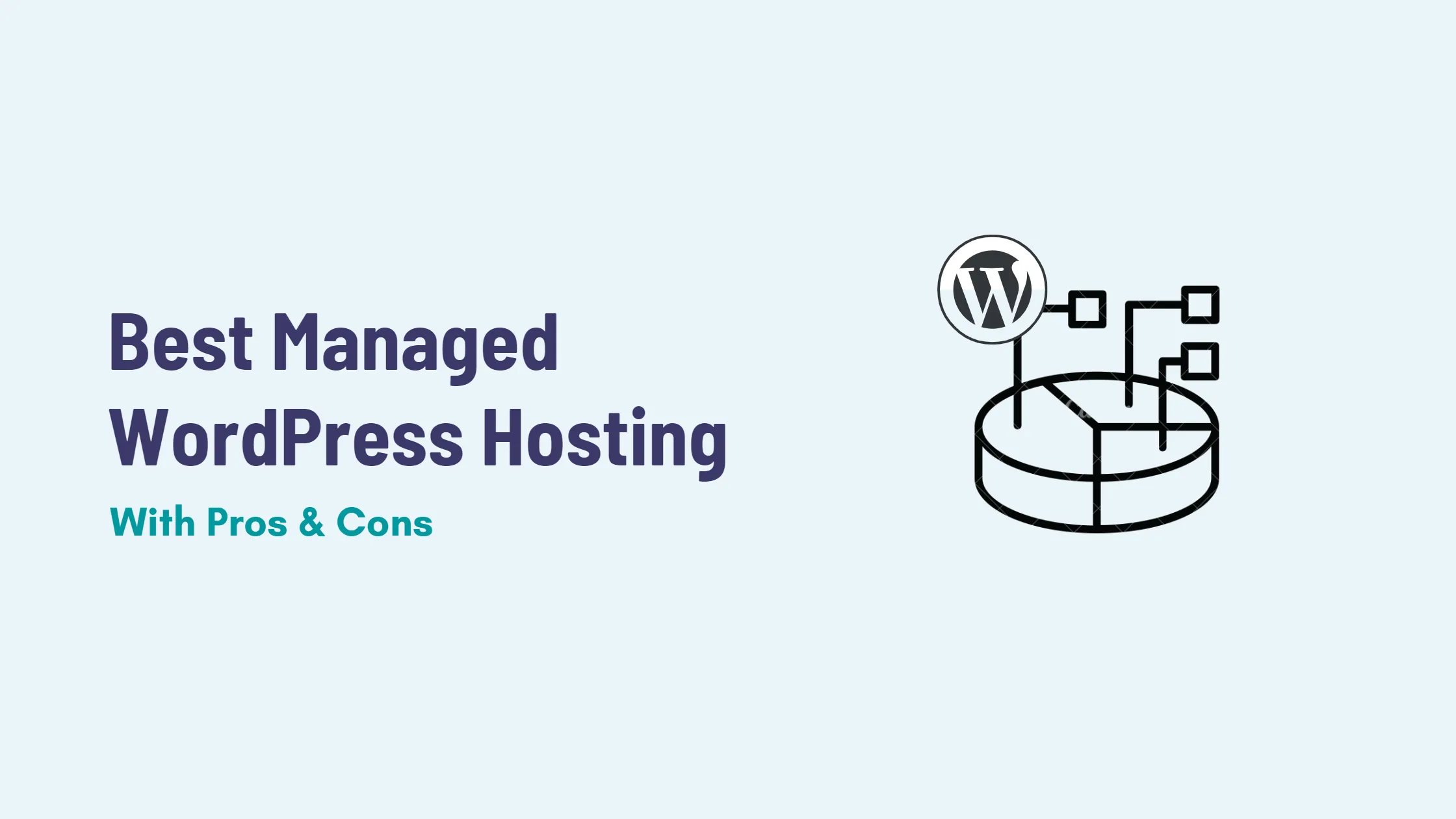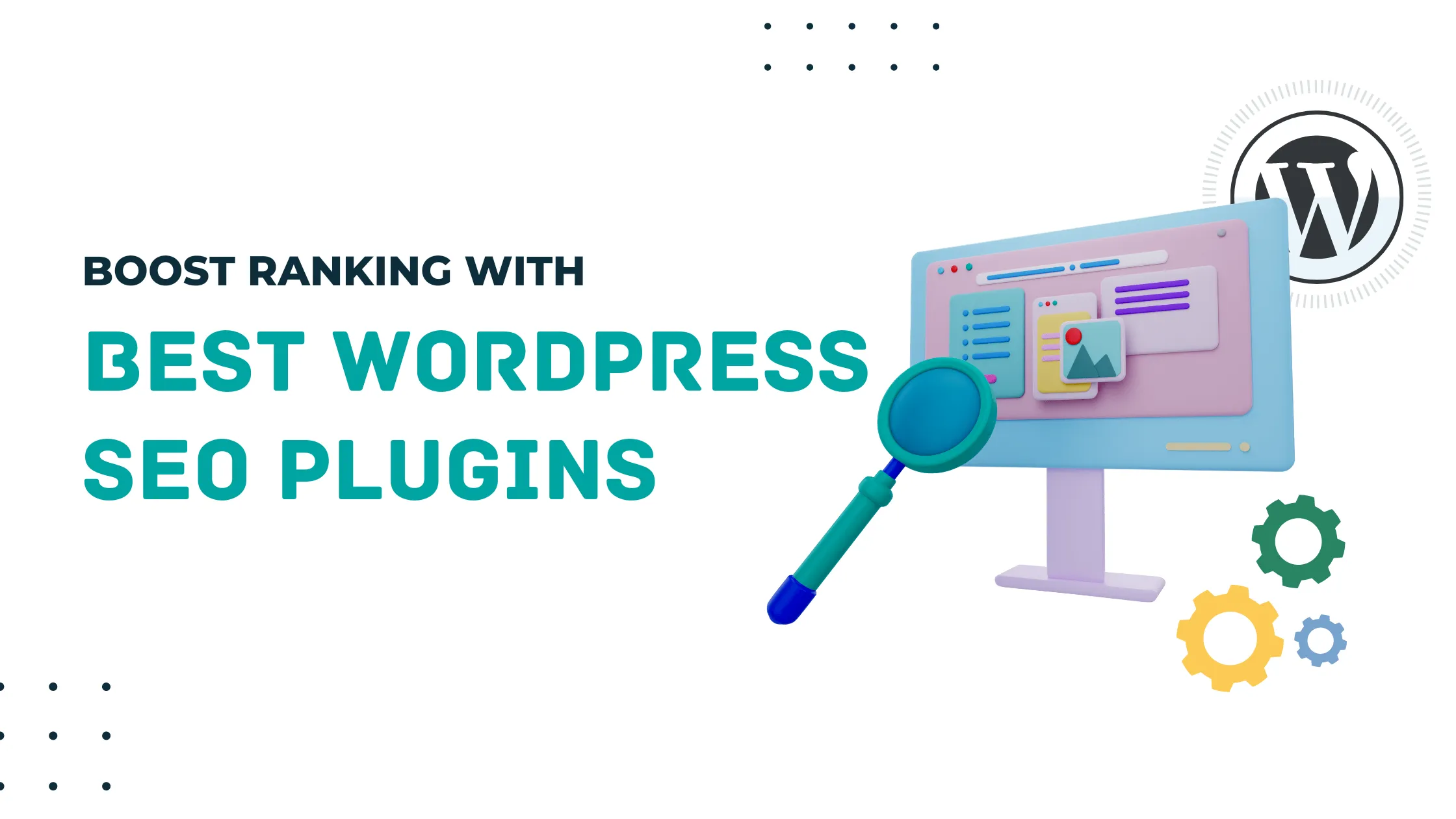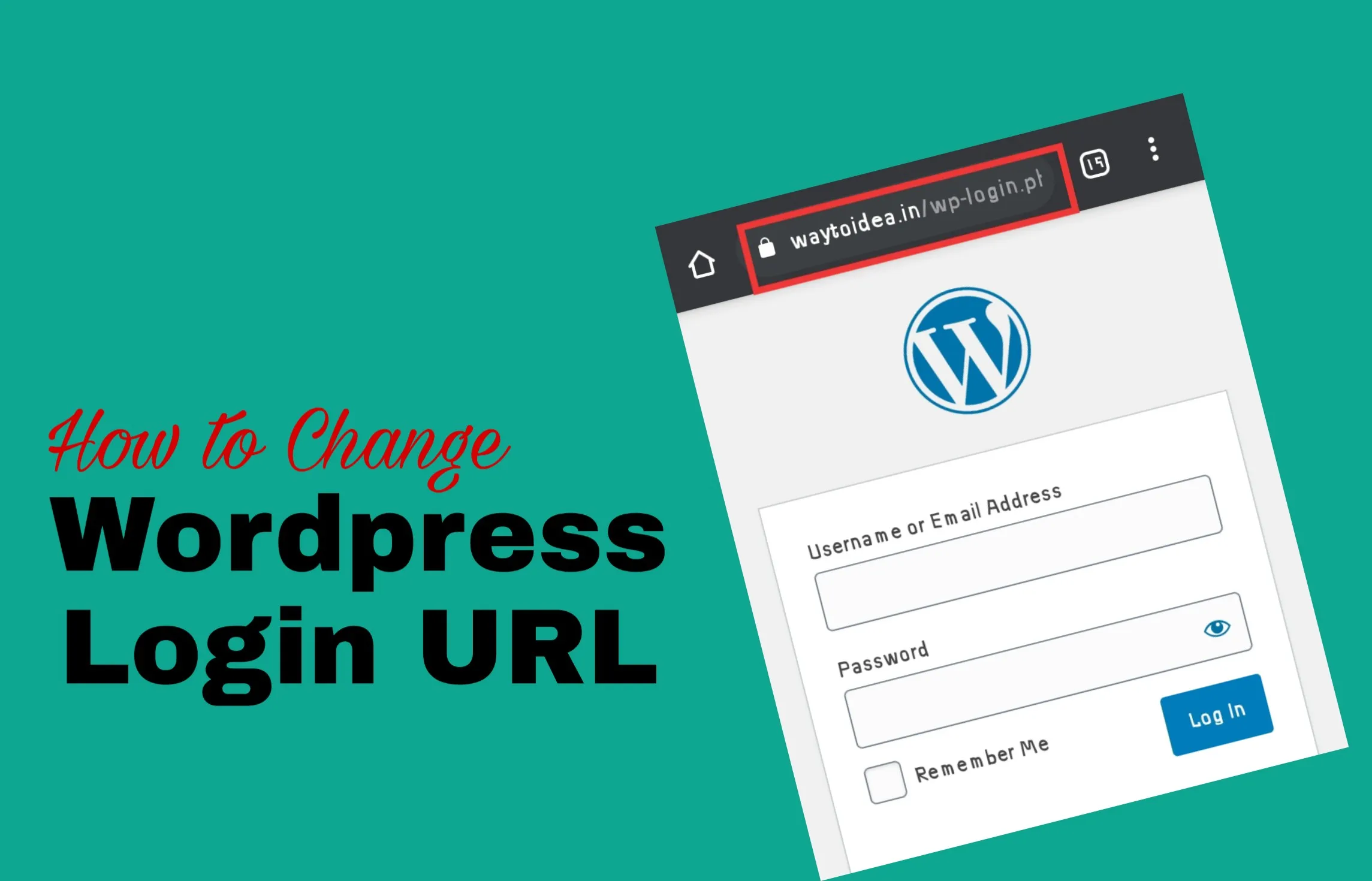If you are currently learning to blog, it doesn't hurt to learn more about WordPress, including understanding the differences between WordPress.com and WordPress.org. Put WordPress is one of the many CMS / Content Management System / Content Management System globally. WordPress is the most popular because more than 30% of websites worldwide use CMS WordPress, and the number will continue to grow. For those of you who don't know, a CMS is a tool that allows you to publish and manage content without having to understand complicated technical terms. A blog can be built from scratch using HTML by programmers. However, a CMS (including WordPress) makes it easy for users to have a website without having to master a programming language. WordPress is divided into 2, namely WordPress.com and WordPress.org . Each of them has advantages as well as disadvantages. Through this paper, I will explain what the differences are between the two.
Difference between WordPress.com and WordPress.org
Even though they are both free, there are some differences. I summarize the differences between WordPress.com and WordPress.org in the table below.
| FEATURES | WP.COM | WP.ORG |
| Control | Limited | Full |
| Theme | Limited | Lots |
| Plugins | Nothing | Lots |
| Maintenance | WordPress | Alone |
| Blog URL | Subdomain | Domain |
| Hosting | Free | Paid |
| Advertisement | Difficult | Free |
| Analytic | Congenital | Custom |
| Cost | Free | Paid |
| SEO | Limited | Free |
| Online store | Can not | Can |
1. Access Control
Starting from access control. If your blog is on WordPress.com, then you don't have full access rights. Your article or even your blog can be deleted at any time by WordPress if there is a violation. If you use WordPress.org, then all content on your blog is entirely your responsibility, without worrying about anyone accessing it, let alone deleting it.
2. Theme options
WordPress.com provides a limited number of themes, and even then, only the default WordPress themes. The difference is the case with WordPress.org, which provides thousands of free and paid themes made by many developers. With so many theme choices, it will make it easier for you to adjust your blog's appearance and take advantage of the features in the theme according to your blog's needs.
3. Use of Plugins
WordPress.com prohibits the use of plugins. Indeed, there are several built-in features in it, but they are still limited. There are tons of cool plugins that can be found if you use WordPress.org. Call it a plugin for SEO On Page optimization, a plugin to compress images, a cache plugin to speed up blog loading, and many other cool plugin choices.
4. Maintenance of Blogs
You don't need to worry about maintaining a blog when using WordPress.com because all the technicalities around hosting are handled directly by the WordPress internal team. Unlike WordPress.org, all maintenance and technical matters are your responsibility. So it takes a little technical expertise to understand hosting.
5. Blog address
WordPress.com provides a free blog URL but is a subdomain so that your blog address will become yourdomain.wordpress.com. If you use WordPress.org, you can buy a wide variety of great domain names, still available and to your taste without the frills of WordPress behind.
6. Hosting a blog
Your WordPress.com blog occupies state-of-the-art hosting on WordPress, so you don't have to worry about monthly fees and technical maintenance. WordPress servers are very reliable and rarely crash. If you use WordPress.org, you have to rent hosting at a hosting service provider. You also need to adjust the hosting server location with the country of origin of your blog visitors. You can pay to host rental fees every month or year, depending on each service provider's policies and the package you choose. The amount of cost is also determined by the hosting specifications you choose.
7. Ad Monetization
WordPress.com only allows you to become an ad publisher from WordAds (a platform owned by WordPress), provided that your blog already has a minimum of 2,000 visits per day. Unlike the case with WordPress.org, which allows you to monetize your blog with various ad serving services such as the popular ones are Google Adsense and Mgid. You can also use Google AdSense Alternatives.
8. Measure Traffic
WordPress.com and WordPress.org's next difference lies in the features provided to read statistics on visits to your blog. WordPress.com provides its own built-in data analytics with limited features. Meanwhile, WordPress.org allows you to install analytical tools like Histats or Google Analytics with both features, which are much more complete. Also Read: How To Increase Website Traffic (Free and Fast) - 2021
9. Costs Required
You can use WordPress.com completely free with limited features or upgrade to a paid plan starting at $5 per month, with fewer features than WordPress.org. While WordPress.org, you can also use it completely free. Costs incurred are for the cost of purchasing a domain (renew per year) and hosting (renew per month/year), with access and features that are much more complete.
10. SEO Optimization
WordPress.com is SEO friendly because it is "being" on the WordPress.com subdomain. However, to do SEO, On-Page optimization is very limited. Moreover, there are no plugins that can be used. Unlike WordPress.org, which frees you to be creative in implementing any SEO On-Page strategy on your blog. That way, of course, the results will be more optimal.
11. Online Shop Features
Many website owners make it an online store. And WordPress.com cannot fulfill that, both in terms of themes and features that the online store needs. Unlike WordPress.org, which can be integrated with the well-known online store plugin Woocommerce to build a powerful and feature-rich eCommerce website.
So Which One Should You Choose?
Before choosing between the two, make sure you understand what you will do, including understanding the difference between a blog and a website . If you are a personal blogger who focuses on your passion for writing, without thinking about all kinds of optimization and monetization, then WordPress.com is the right place for your blog. But if you feel/want to become a professional blogger and create a cool blog, professional domain, require lots of features, and of course, intend to make money on blogs, then you should blog at WordPress.org. After seeing some of the differences between WordPress.com and WordPress.org above, I suggest it is better to choose WordPress.org for long-term needs. How about you?
Loading comments...








